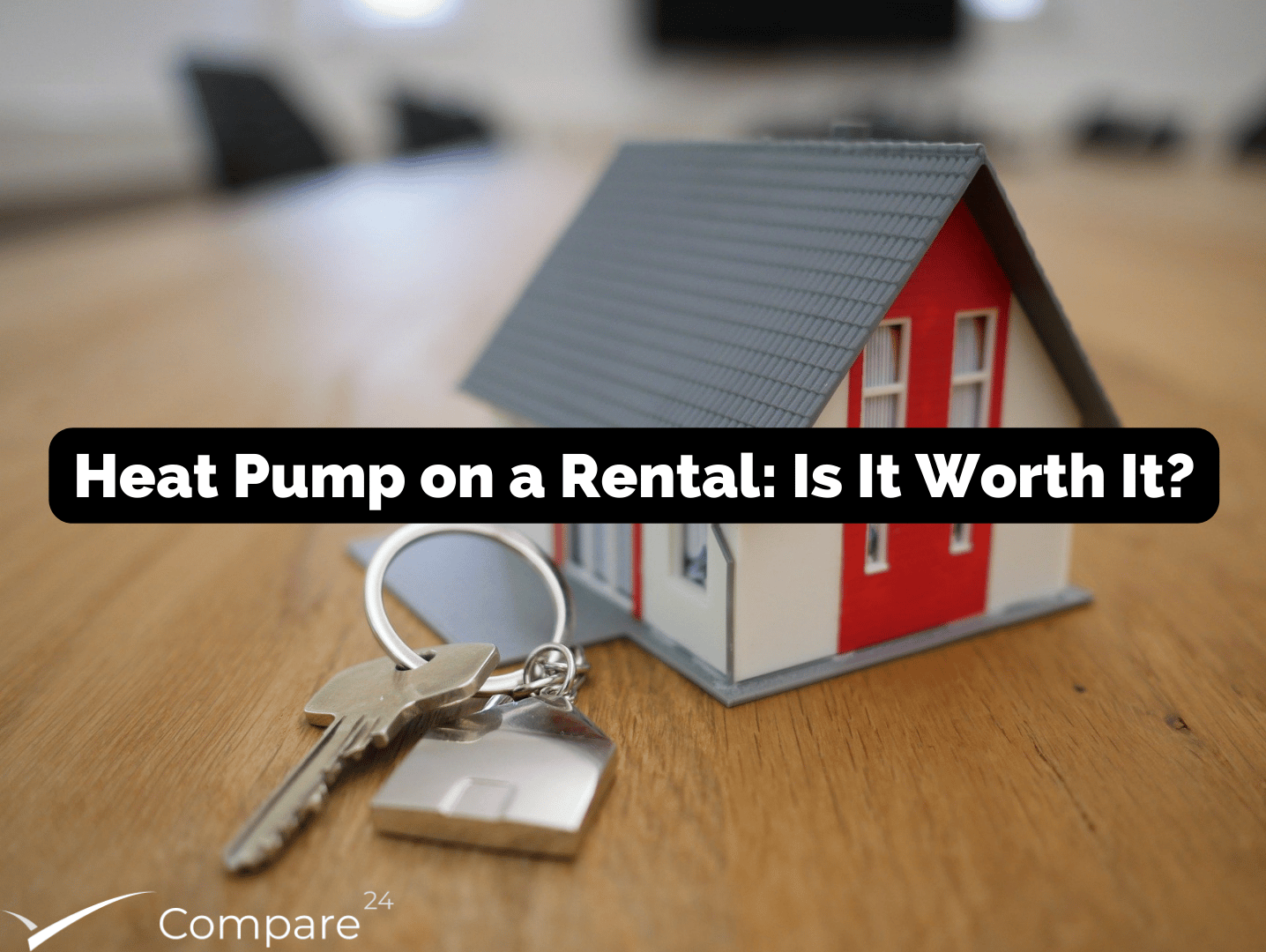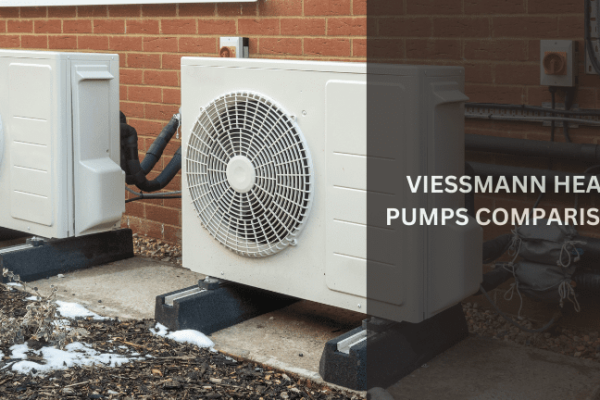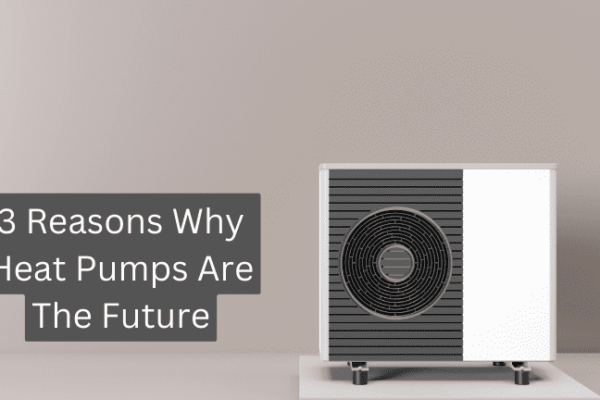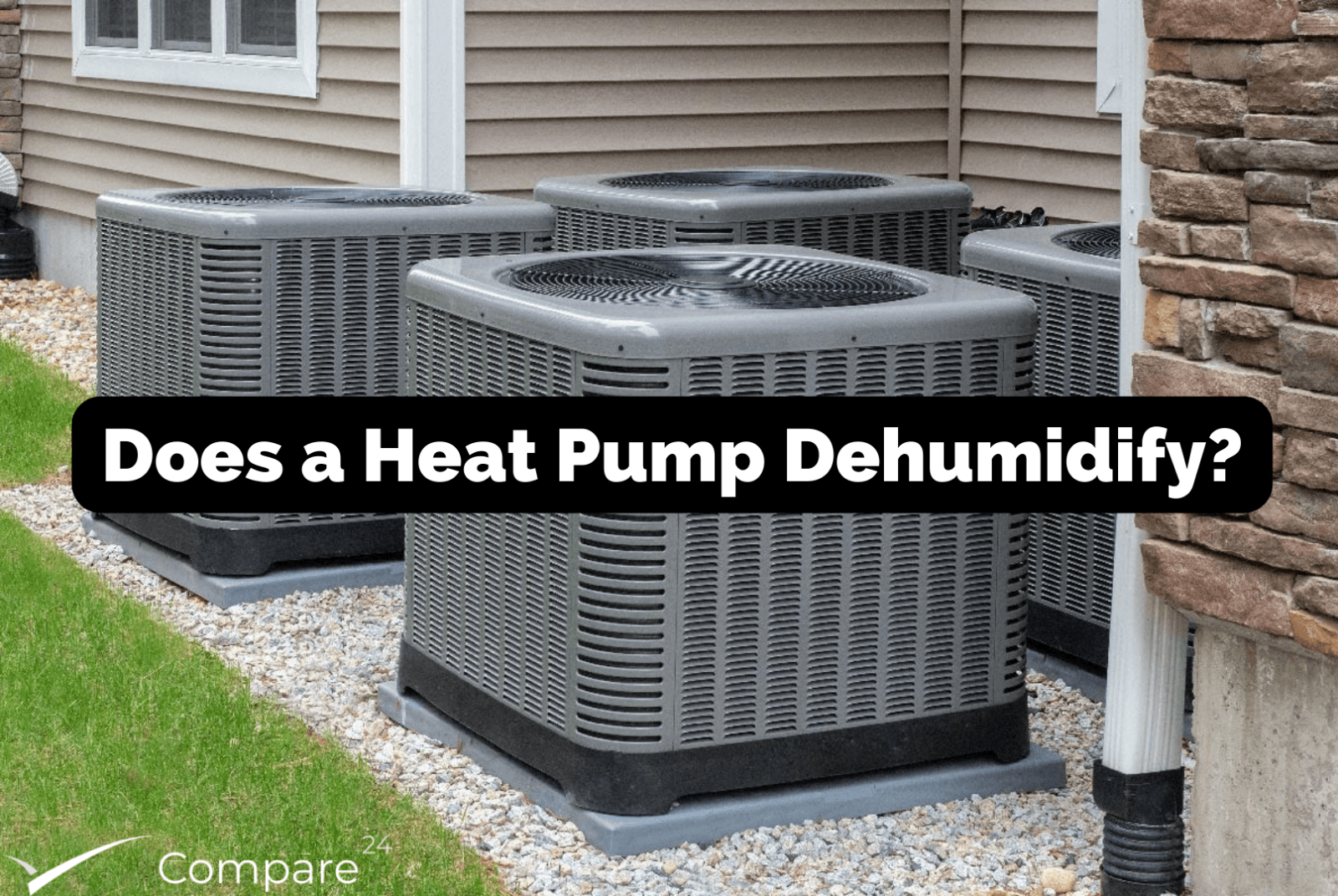As a landlord, you are always trying to improve the value of your property while making sure that tenants live comfortably, and pay the highest rent possible. One of the most common questions landlords have is whether or not they should invest in heating and cooling systems for their rentals. So, is it worth putting a heat pump on a rental or not?
In this guide we’ll briefly analyze the pros and cons of investing in a heat pump for your rental, and whether or not you should do it.
Heat pump on a rental
It is true that a heat pump can increase the value of your property, and this applies both when you are selling a property and renting. But the fact is that a property buyer will not value a heat pump in the same way that a tenant would.
The reason is that a tenant may leave the rental in a year or two years, and therefore it becomes more difficult to analyze whether it makes sense or not to invest in a heat pump for a rental.
As a landlord, any improvements that you make on your property should be reflected in the rent price. Therefore a rental with a heat pump system should have a higher rent than the same exact rental without a heat pump. But how much more can you charge, and will it even make a difference for the tenants?
Here are 6 questions you need to ask yourself before considering putting a heat pump on a rental:
1. Are bills included?
If your rental property comes with bills included, you can expect to pay more in electricity with a heat pump system installed. However, you may see a decrease in other costs, if you have a gas-powered furnace for example. Furthermore, if you do not have a furnace, air conditioner, or electric heater, you may not notice the increase in costs.
This is one of the first things you need to consider, and if you are renting your property with bills included, not only do you need to increase the rent based on the expected higher electricity consumption from the heat pump, but also increase the value based on the investment you have made installing the heat pump.
2. Is your rental low, mid, or high-end?
The quality and the segment of your rental should also influence the decision to install a heat pump. Naturally, it makes more sense to install a heat pump in mid to high-end rentals, where tenants are more likely to value a heat pump in their home, and the savings and efficiency that come with it.
On the other hand, a low-end rental in some cases does not justify the investment in a heat pump. Because the increase in rent could push a lot of possible tenants to not be interested in the property.
3. Where is your rental located?
It is also crucial to consider the location of your rental when deciding whether or not to install a heat pump. Some areas have a mild climate and do not require a lot of heating and cooling throughout the year.
If this is the case, you might want to avoid putting in a heat pump system, because it will not be as important to possible tenants.
Conversely, if your rental is in a very cold or warm area, a heat pump will be something that tenants will value more. Therefore, it makes more sense to invest in such a system if this is the case.
4. What heating and cooling systems do you have installed?
If you have recently installed an air conditioner or a new furnace, it might not make a lot of sense to install a new heat pump. Additionally, even if you have a furnace or an air conditioner, for example, installing a heat pump means that they will not be used, and if you do not have another rental where you can install them, it will be a waste of money.
This is why considering replacing your current systems with a heat pump makes a lot more sense if your rental is in the high-end segment, where the high rent price will justify all of these improvements.
5. How much does the heat pump cost?
Considering the total cost of installing the heat pump is also crucial, and you also need to consider maintenance costs yearly. Ideally, you want to increase the rent as a percentage of the total cost of installing a heat pump. If the cost is a lot higher than the early income generated in rent, it might not make a lot of sense to install a heat pump.
6. How much will you increase the rent?
As a rule of thumb, you should be able to recoup the total investment in your heat pump during half of its life span. This means that if a heat pump system costs you $10,000 to install, and it lasts 20 years, you should be able to recoup your investment in the next 10 years.
In this example, you would have to recoup about $1,000 every year for 10 years, which is roughly an $83 monthly increase in rent.
Is it worth putting in a heat pump?
The decision to install a heat pump on a rental depends on many factors, and each property is different therefore you need to consider the local market, and the segment your property is in. In most cases, unless your rental is on the very low end of the market, it makes sense to invest in a heat pump.
It provides more energy efficiency, and it increases the value of your property. Plus the increase in rent will eventually pay for the heat pump system.
Broadly speaking, on most mid to high-end properties installing a heat pump makes a lot of sense, because you are able to justify the higher rent and explain to the tenant all the advantages of having a heat pump. Additionally, if the increase is a small percentage of the rent, it will not seem like a lot, and this is especially true for mid to high-end rentals.




![Does a Pool Heat Pump Need To Be in the Sun? [Explained]](https://blog.compare24.net/wp-content/uploads/2022/10/Can-Heat-Pumps-Geneate-Electricity-4.png)